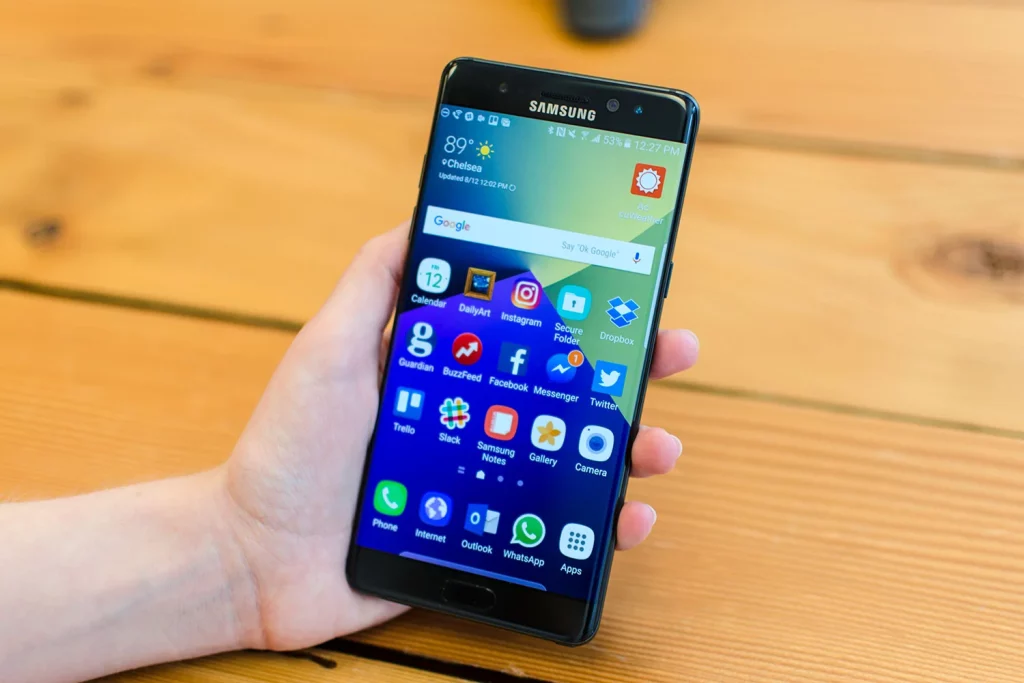
Smartphones have become an integral part of our daily lives. They are no longer just a device for communication, but also serve as our camera, music player, gaming console, and even our personal assistant. With so many options available in the market, choosing the right smartphone can be overwhelming. In this article, we will explore the important and useful features of smartphones that you should consider before making a purchase.
Operating System (OS)
The OS of a smartphone is the software that manages the phone’s hardware and software resources. The two most popular OSs in the market are Android and iOS. Android, being an open-source OS, is more customizable and offers more freedom to the user, while iOS is known for its smooth and seamless user experience. It’s important to choose the OS that suits your needs and preferences.
Display
The display of a smartphone is one of its most important features. It determines the size, resolution, and quality of the screen. A larger display is better for viewing multimedia content and playing games, while a smaller display is more compact and easier to handle. The resolution and quality of the display determine the sharpness and clarity of the images and text on the screen. Higher resolution displays are better for reading and watching videos.
Camera
The camera is one of the most important features of a smartphone for many users. It allows us to capture and share our life’s moments with ease. The quality of the camera is determined by its megapixel count, aperture size, and image stabilization. The megapixel count determines the resolution of the images captured, while the aperture size determines how much light the camera can capture. Image stabilization helps in capturing sharp and steady images even in low-light conditions.
Battery Life
The battery life of a smartphone is an important factor to consider when buying a smartphone. It determines how long the phone can run on a single charge. A larger battery capacity is better for heavy users who use their phone for long hours, while a smaller battery is more suitable for light users. It’s also important to consider the battery’s charging speed and the availability of fast charging.
Storage
The storage capacity of a smartphone determines how much data it can store, including apps, photos, videos, and music. The internal storage is usually non-expandable, while external storage can be expanded through a microSD card. It’s important to choose a phone with enough storage capacity for your needs.
RAM
The RAM of a smartphone determines its multitasking capabilities. It determines how many apps the phone can run simultaneously without slowing down. A higher RAM is better for heavy users who run multiple apps and games at the same time.
Connectivity
The connectivity options of a smartphone determine how it can connect to the internet and other devices. It includes Wi-Fi, Bluetooth, NFC, and GPS. It’s important to choose a phone with the connectivity options that you need.
Security
The security of a smartphone is an important feature to consider, especially in today’s world of cyber threats. It includes features like fingerprint scanners, facial recognition, and encryption. These features help to protect your personal data and sensitive information.
Other Useful Features
Some other useful features to consider when buying a smartphone include:
- Water resistance: It helps to protect the phone from accidental water spills and splashes.
- Headphone jack: It allows you to connect your headphones and enjoy music without any hassle.
- Wireless charging: It eliminates the need for cables and chargers, making charging more convenient.
- Dual SIM: It allows you to use two SIM cards on the same phone, making it easier to manage your personal and work contacts.
In conclusion, choosing the right smartphone can be a daunting task, but by considering the above features, you can find a phone that suits your needs and preferences.




